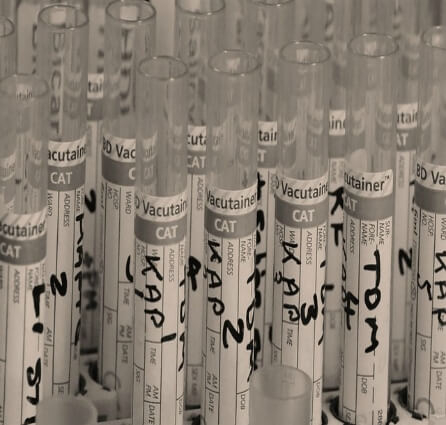Falsifying Drug Tests and Saliva Testing
Drug Testing, Health and Safety / 22 May 2019

Falsifying Drug Tests
Synthetic urine continues to be an ongoing issue in the drug testing arena.
Synthetic urine is a product used to falsify a drug test and provide a negative result. People are motivated to use this product if they do not know whether their own sample might show the presences of any banned substances. Synthetic urine comes in a small bottle, sometimes with a heating device and an indicator of temperature. It is readily available to purchase both online and instore around New Zealand. Many stockists boast a 100% guarantee on their products.
Drug testing agencies such as TDDA have confirmed they are trained to listen to the sample being provided, e.g., to pick up any bottles or packets being opened and any irregularities in the pouring of the synthetic urine into the collection container compared to the sound of a normal sample. When the sample is provided to the tester, the temperature is obtained. The sample needs to be between 33 and 38 degrees to be within a normal temperature. Anything outside these figures will result in an invalid sample. If the sample is sent to an accredited lab, they may pick up on discrepancies with the integrity and composition of the sample.
As safety conscious employers, drug and alcohol policies and testing procedures are put in place in the workplace to manage drugs and alcohol. When products such as synthetic urine are readily available which may provide a false negative, this creates serious risks.
What can employers do?
- Use an accredited and reputable testing provider.
- Ensure you or your managers are well trained in reasonable cause indicators of drug use.
- Ensure your policy contemplates what may happen if there has been an attempt to falsify or adulterate a sample.
Saliva Testing
New Zealand has joined with Australia to provide a Standard for the Detection of Drugs in Oral Fluids (AS/NZS 4790:2019). The Standard sets out a testing methodology, the quality of devices requires and how the sample is managed at the lab. If drugs are in the blood system, they also show up in the oral fluid such as saliva. Oral fluid samples tend to be a preferred option by employees rather than having to provide a urine sample for obvious reasons.
However, we still have a way to go. The current position, by a number of testing providers, is that there is not a verified device capable of meeting the criteria of the new Oral Fluid Standard and therefore this form of testing is not currently recommended.
Watch this space!
Disclaimer: We remind you that while this article provides commentary on employment law and health and safety topics, it should not be used as a substitute for legal or professional advice for specific situations. Please seek legal advice from your lawyer for any questions specific to your workplace.